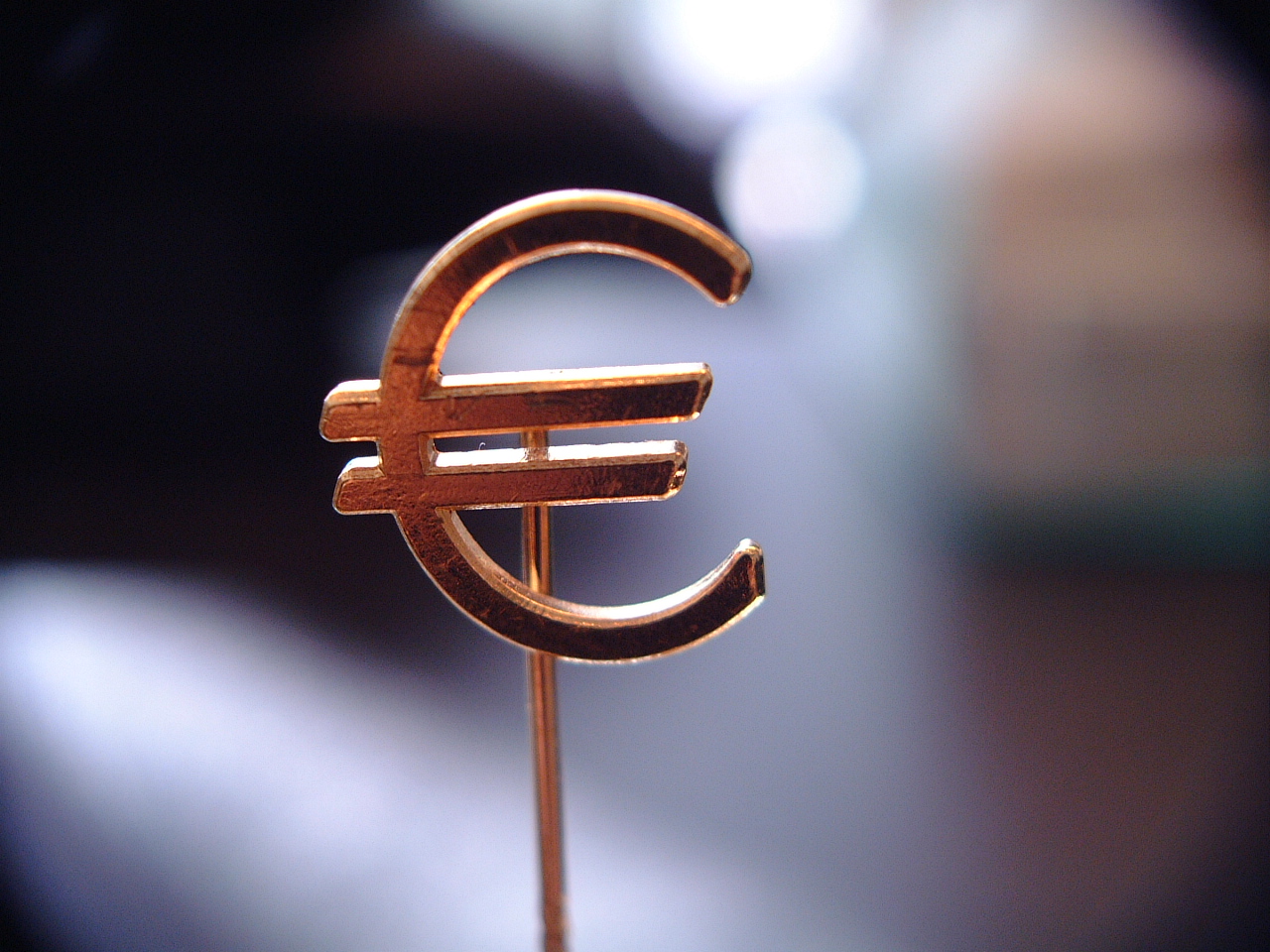Swissquote Bank: Buying euro on every ray of sunlight
Swissquote Bank: Buying euro on every ray of sunlight

By Ipek Ozkardeskaya, Senior Analyst, Swissquote Bank
Earnings season kicked off last Friday when the big US banks reported their Q4 results. The results were mixed.
JP Morgan warned of a "modest deterioration" in the macroeconomic outlook, Bank of America reported a better-than-expected trading revenue, but a worse-than-expected net interest income. Citi turned in a record-setting performance but equity trading fell short of expectations, while Wells Fargo reported higher-than-expected expenses, but also a record net interest income.
But wait…
JP Morgan and BoFA still recorded very strong results for their consumer banking divisions last quarter, where you have credit cards, bank accounts and loans. JPM for example reported net income of more than $4.5 billion. That was up 9.5% from a year earlier.
And BofA enjoyed record net income in consumer banking, posting a profit of nearly $3.6 billion. And that’s up 14.5% from a year earlier.
So despite the skyrocketing inflation, and slowing economy, the banks continued raking in the dough…
Further goods news is that, the major US banks said that they all expect ‘mild recession’, and that unemployment in the US would rise to between 4.9 and 5.5% depending on who is talking. Although these predictions are nothing better than an average weather forecast, they have been immediately taken as a sign of an imminent slow down and even pause, and even a reversal in the Federal Reseve’s (Fed) policy tightening.
JP Morgan rallied 2.50%, Citi gained 1.70%, Bank of America rallied 2.20% and Wells Fargo jumped 3.25%. As a result, the S&P500 closed a touch above its 200-DMA and just a point below the 4000 mark.
So much excitement in JPY!
One of the most exciting currencies of the moment is the Japanese yen.
Last week, the 10-year JGB yield, which is controlled by the Bank of Japan (BoJ), and which should not go above the 0.50% ceiling, went past that level, hinting that the BoJ – who buys pretty much every 10-year JGB available in the market, does struggle to maintain control of bond yields.
The BoJ’s monetary policy has turned into something so shaky that it's almost like watching a train wreck in slow motion - you know something bad is going to happen, but you can't look away.
In fact, the Bank of Japan's revision of its yield curve control measures back in December was supposed to restore order to the bond market, but instead it's produced more volatility and uncertainty.
And many traders are now questioning how and when this absurd YCC policy will end.
Many even expect the YCC policy to be scraped when the BoJ meets this week.
If that’s the case, we will likely see the 10-year JGB yields go crazy, the yen further rally and the BoJ forced to readjust its rates as soon as possible.
Government default?!
Besides earnings and the BoJ meeting, we have a jam-packed calendar of exciting releases this week, starting with the Empire State Manufacturing Index, the US produce price index report and retail sales report.
Many Fed members will also be throwing in comments before the next FOMC meeting, where the expectation now is an almost certain 25bp hike. That’s causing further weakness in the US dollar index, which slid last Friday, and further extended losses this Monday in Asia.
And besides the dovish Fed expectations, warning from Treasury Department that the US will reach the debt limit on January 19th and will need extraordinary measures from Congress to avoid a government default, is also weighing on the US dollar this Monday.
US crude past 50-DMA
In energy, US crude cleared the 50-DMA to the upside last Friday. The market is undecided between the rallies triggered by Chinese reopening, and price pullbacks caused by mild winter, lower nat gas prices, and recession worries.
I still believe that the bulls have stronger arguments to take the upper hand in this battle, with a potential advance in US crude to $88pb mark.
Buying euro on every ray of sunlight
It’s a sure thing that the falling nat gas prices thanks to a soft – but snowless winter in Europe, make things look brighter for the Europeans from the energy crisis perspective.
While most of us are disappointed with the lack of snow magic on our mountains this year, every sunny day is a reason to accumulate euros because every ray of sunlight pushes the scenario of energy shortage away from the continent.
Actually, we are seeing a solid resistance in EURUSD into the 1.09 level, but we will certainly not wait long before the pair takes over the 1.10 resistance.
